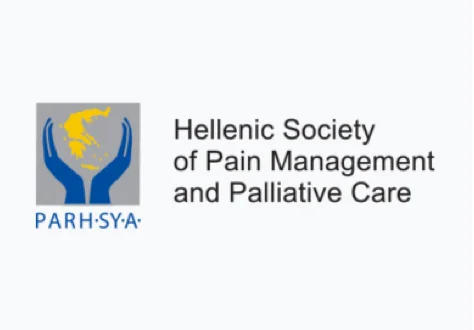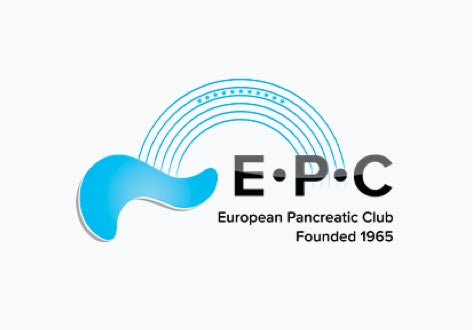
A:CARE CONGRESS
2nd EDITION
OCTOBER, 2022
A:CARE CONGRESS
2nd EDITION
OCTOBER, 2022
ADHERENCE TO TREATMENT: GLOBAL CHALLENGE, TANGIBLE SOLUTIONS
Significant problems with adherence persist across geographies and therapy areas, leading to non-optimal care and delays in recovery.1 Aside from continuous progress in healthcare technologies and the regular launch of new medicines every year, according to the WHO, the most effective intervention to improve the health of the overall population is to increase adherence to treatments.2
Adherence has traditionally been framed as a problem of patient understanding, and even memory (as patients are thought to simply “forget” their treatment). But what if this belief ignores the real issues and reinforces misconceptions? Approximately 25% of patients after being discharged from hospital stop some of their treatment within the first week. This signals that the problem isn’t simply memory but is rooted in deeper behavioral and societal factors.3
The a:care Congress 2022 explored:
- The pervasive myths that hide the true drivers of non-adherence
- How to shift the paradigm and treat the person, not just the disease
- How patients understand adherence, and how their insights can be used in clinical practice
The congress had regional satellite meetings to discuss key regional issues and explore insights into the regional drivers and solutions of non-adherence. There was satellite meetings from India, Brazil, the rest of Latin America, the Middle East, Turkey, Africa and Pakistan region (METAP) and the Asia-Pacific region.
The a:care virtual congress has concluded. Recordings are available.
Global session

Program
An exciting and innovative program
The congress addressed the common misconceptions with regards to adherence and took a deeper look at the underlying drivers behind non-adherence. Through a two-day agenda of presentations and panel discussions the a:care congress equiped healthcare professionals with the tools to address non-adherence through theory-driven, evidence-based behavioral interventions.

Speakers
A diverse faculty of behavioral scientists, clinicians and patients
Chaired by Prof John Weinman, Professor of Psychology at King’s College London, the congress featured sessions from international clinical experts across multiple therapy areas. The congress featured patient voice sessions to hear from individuals who struggled with adherence and provided a first-person perspective on the specific challenges they faced.
Learn more about regional satellites
Endorsed by:









